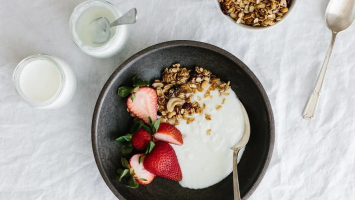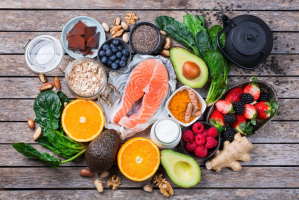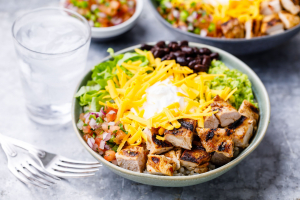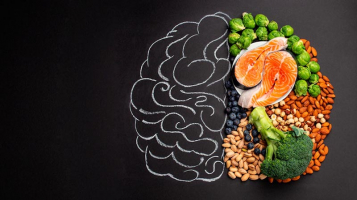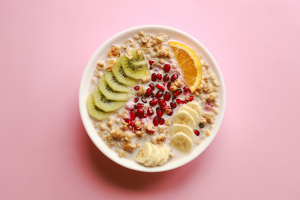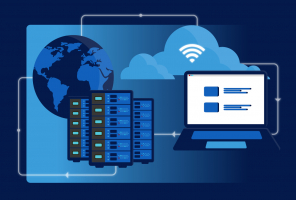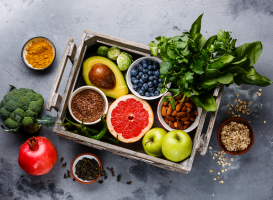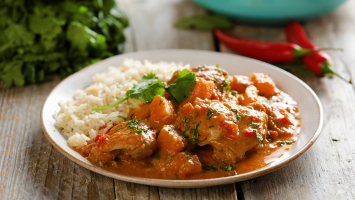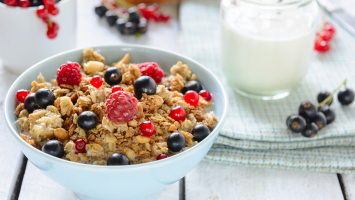Top 10 Foods To Never Reheat In A Microwave
The microwave is a practical, simple, and incredibly quick way to reheat leftover food. However, some foods should never be microwaved. Sometimes it completely ... read more...ruins the food. Sometimes it's because it could be dangerous to your safety. In any case, you should never reheat these foods in the microwave!
-
When rice is microwaved improperly, it can result in fried rice syndrome, a kind of food poisoning brought on by the Bacillus cereus bacteria. Even after being cooked, these bacteria can survive, and when rice is kept out at room temperature, they can actually thrive.
Rice can be microwaved, but heating it wrong can be very hazardous for your digestive system. Rice should only be left out to cool for less than an hour before being put straight into the fridge. The rice must then be fully heated when reheated. Furthermore, avoid using the microwave to reheat rice that has been sitting out for more than a day. It’s not worth the food poisoning. Just throw it out.
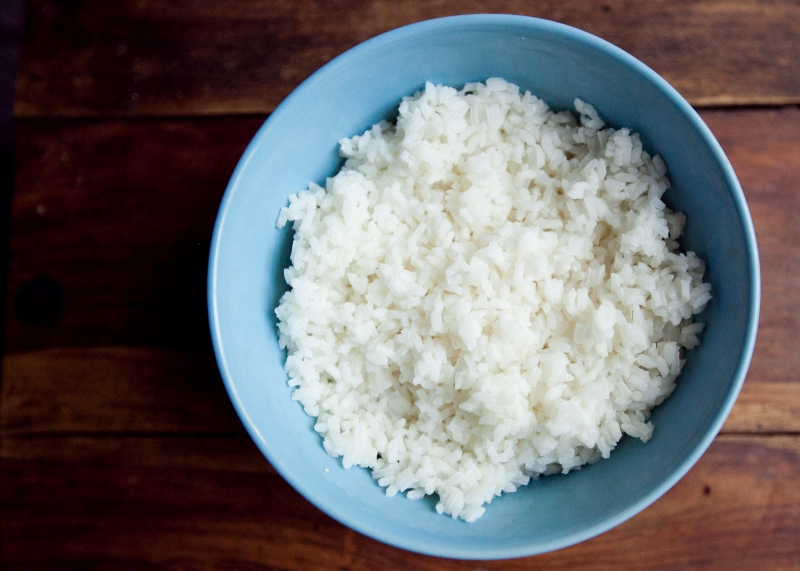
Rice 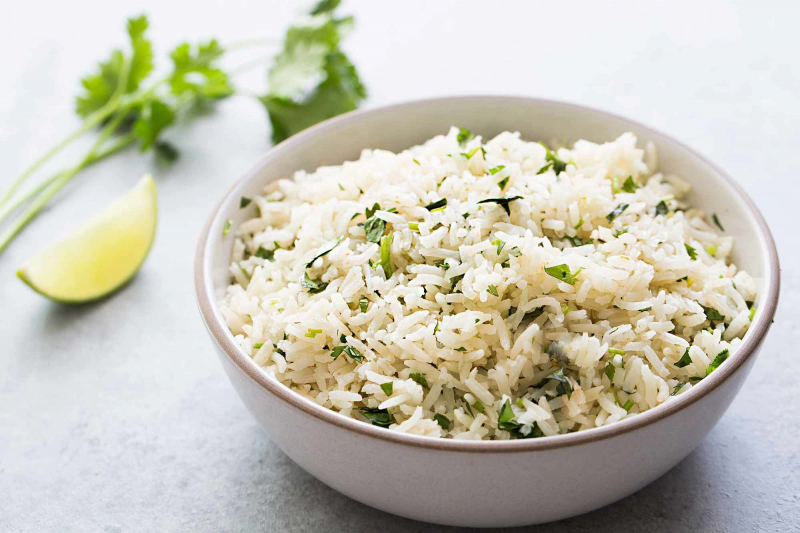
Rice -
Capsaicin, a substance found in chili peppers, is mainly responsible for its intense heat and spiciness. However, these compounds vaporize when you microwave these peppers because of the extremely high temperatures. Fortunately, they won't blow up as a result of this.
However, as you can already imagine, this means that the steam that these peppers produce will be quite strong. When peppers are microwaved, whether to soften them, dry them out, or reheat a hot sauce, the capsaicin, which gives peppers their heat, becomes airborne. Then, by just opening the microwave door, any unsuspecting home cooks could end up pepper-spraying themselves. Due to how hot it is, it can burn your throat and eyes. You may find yourself in some serious pain as soon as you open the door and breathe in the fiery fumes.
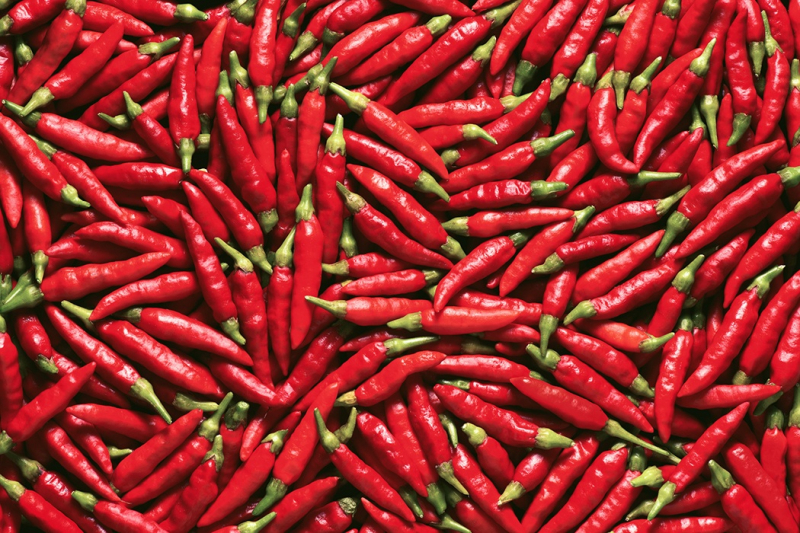
Hot Chili Peppers 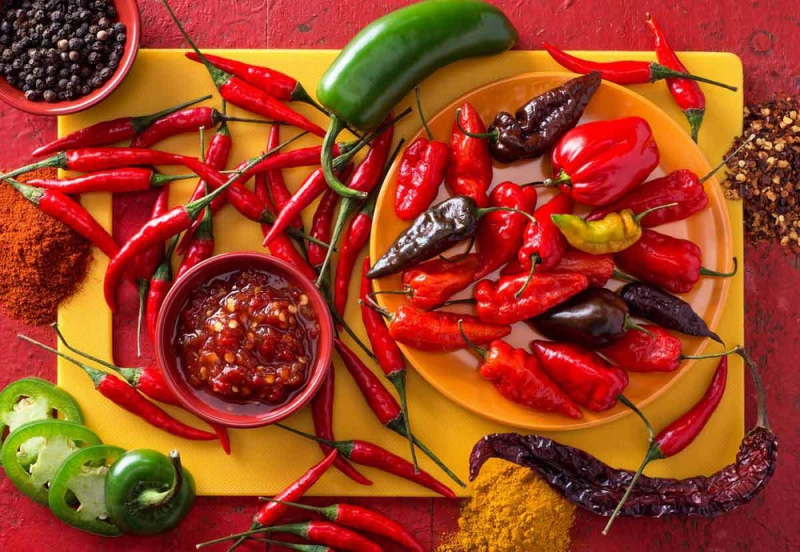
Hot Chili Peppers -
Even though not adored by kids, broccoli provides extra flavor and nutrients that many food lovers crave. Heating up this veggie in the microwave is quite simple. But if you microwave broccoli, 97% of its nutritional value is lost, so it's a waste.
Additionally, heating broccoli normally already destroys many of its beneficial properties. When broccoli is microwaved, 11% of its antioxidants are entirely removed when compared to broccoli is steam-cooked. If you still want to reheat it, when reheating, you need to be mindful of the temperature, or you will ruin its texture and make it mushy. And keep in mind that reheating broccoli twice will affect its taste and freshness, and it may turn mushy or even cause food poisoning. It is advised that vegetables, especially roasted ones, should not be reheated twice.
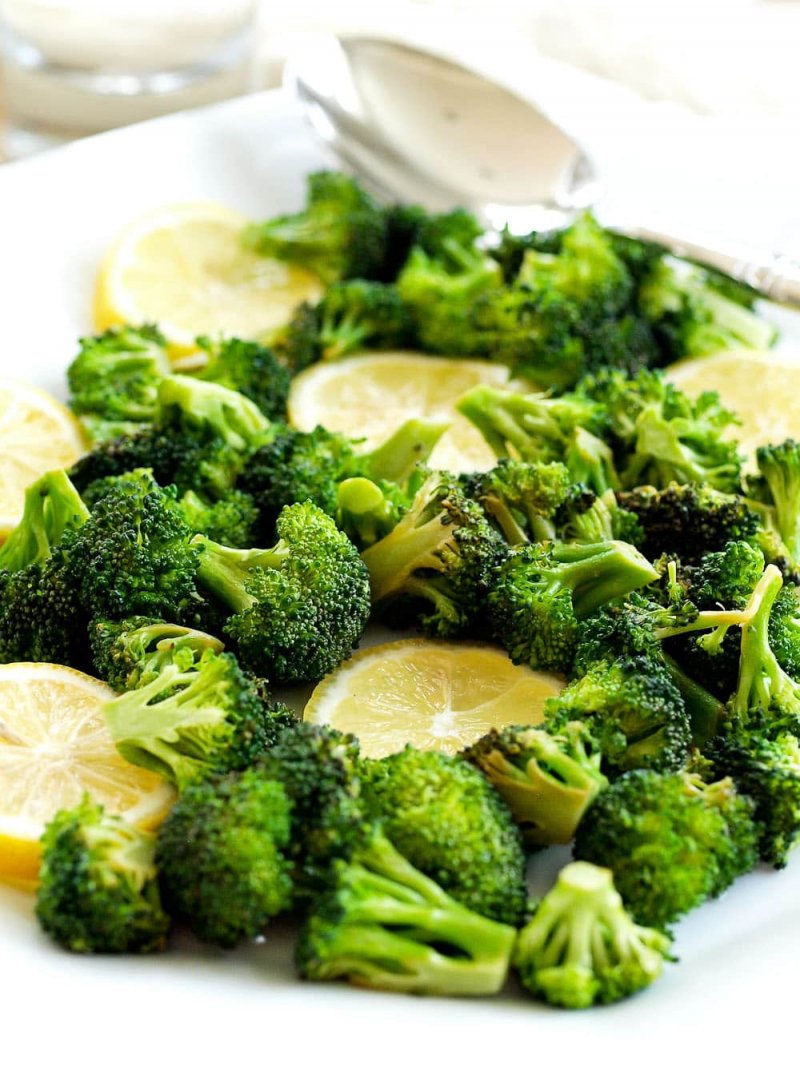
Broccoli 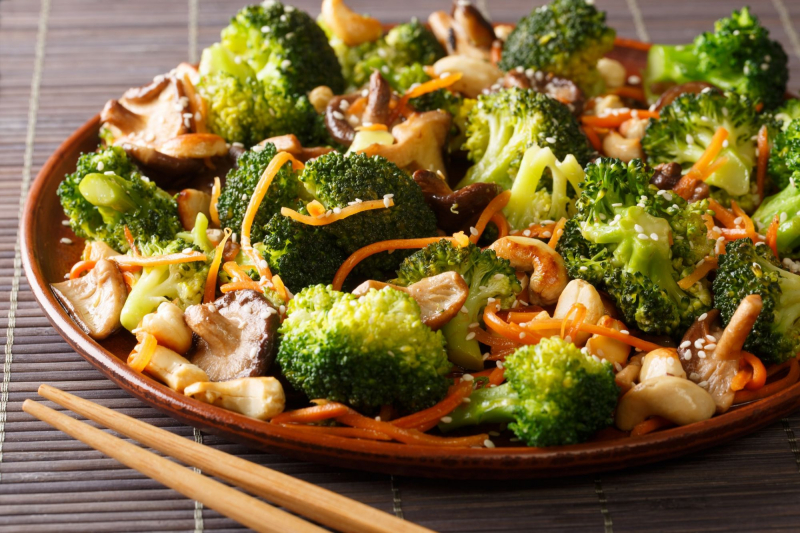
Broccoli -
The good news is that you can certainly microwave raw potatoes without a problem. But I n that case, why is it on this list? The true problem, though, is reheating already-cooked potatoes. C. botulinum is found in potatoes. When you cook potatoes and don't store them immediately, you might risk the bacteria growing.
Potatoes are linked to a type of bacteria called botulinum, which can seriously harm your health. It can cause risky disease that attacks nerves and may cause breathing problems, muscle paralysis, and even death. Typically, the bacteria develop in spaces with low oxygen, like when a potato is wrapped with aluminum foil to bake it. So you should consume the food as quickly as possible because the bacteria that are cooked in aluminum foil are protected by the foil. This implies it's generally not a good idea to eat leftover potatoes. If you must, re-bake them without the foil so that the heat can kill the bacteria.

Potatoes 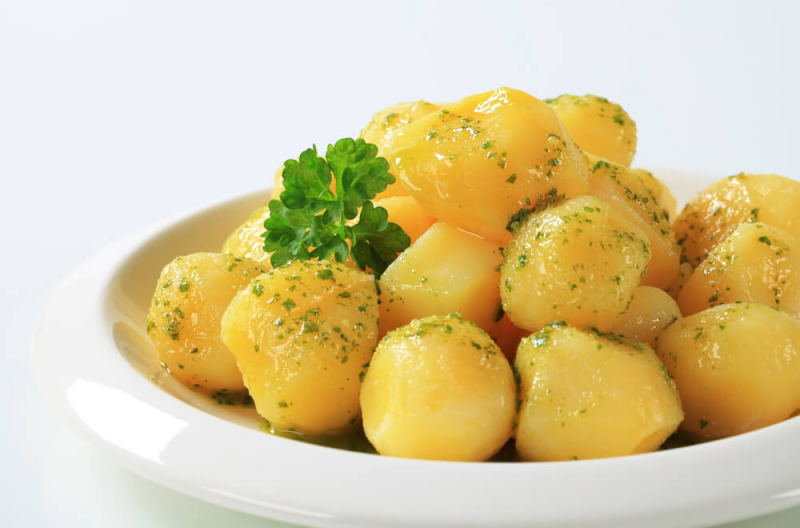
Potatoes -
There is no doubt that cooking chicken in the microwave is unhealthy. Be aware that harmful bacteria aren't typically reliably eliminated by microwaves. Now, chicken is a food that is extremely vulnerable to the growth of bacteria, particularly salmonella.
According to the World Health Organization (WHO), microwaves don't penetrate thick pieces of food very well, which can lead to uneven heating. It takes a lot of cooking to completely kill the bacteria in raw chicken. According to studies, people who cook their chicken on a skillet are totally okay, but people who cook it in a microwave risk getting sick. This is due to the fact that salmonella bacteria can survive heating. Therefore, one of the foods that should never be reheated in a microwave is chicken.
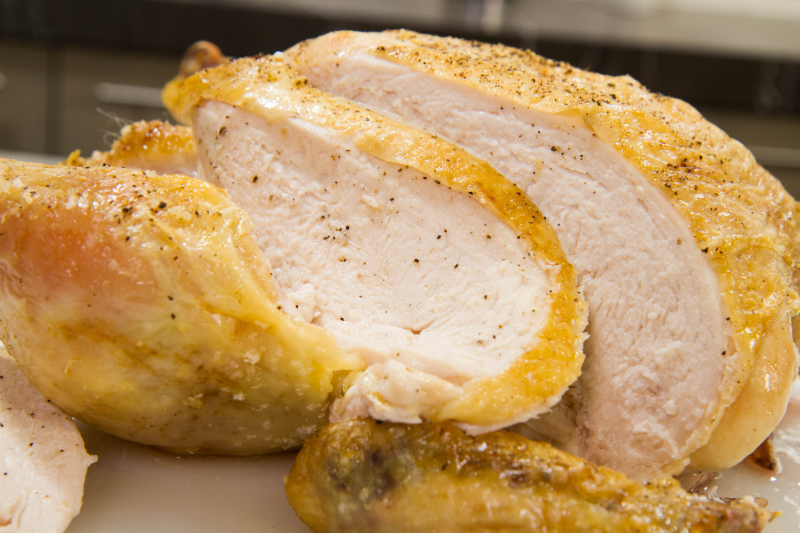
Chicken 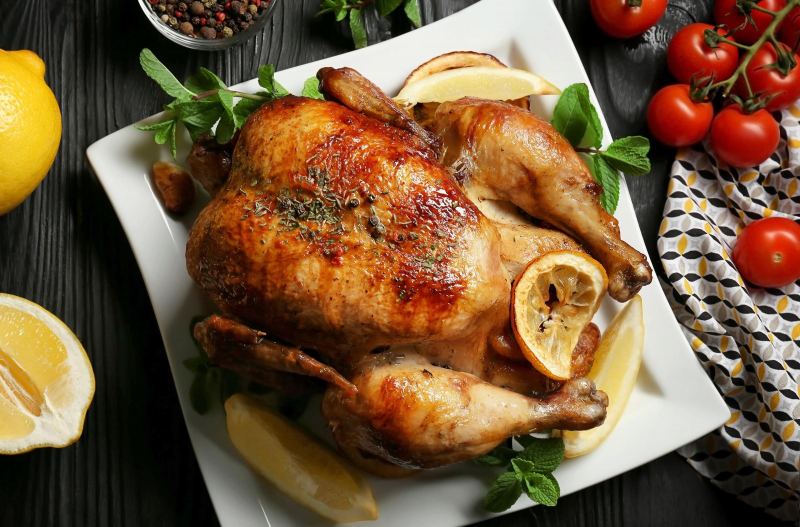
Chicken -
If you've previously cooked the mushrooms and have leftovers, it might be best to discard them immediately away or make a firm commitment to reheating them perfectly. This is due to the fact that mushrooms, like other fungi, are very vulnerable to harmful bacteria and other pathogens.
When cooked mushrooms aren't chilled right away and are kept at room temperature for too long, their protein structure can change, triggering enzymes and bacteria that can make eating reheated mushrooms from the microwave risky and generally unpleasant. Instead of overcooking, try to prepare only the number of mushrooms you need. Most of the time, reheated mushrooms of any kind, not simply those thrown in the microwave, are likely to give you an upset stomach. The mushrooms can alternatively be cooked and then immediately placed in the refrigerator to be eaten cold if desired.
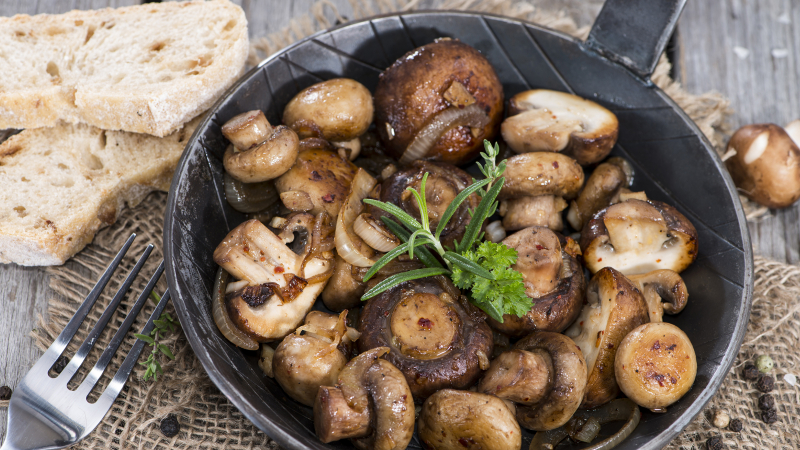
Mushrooms 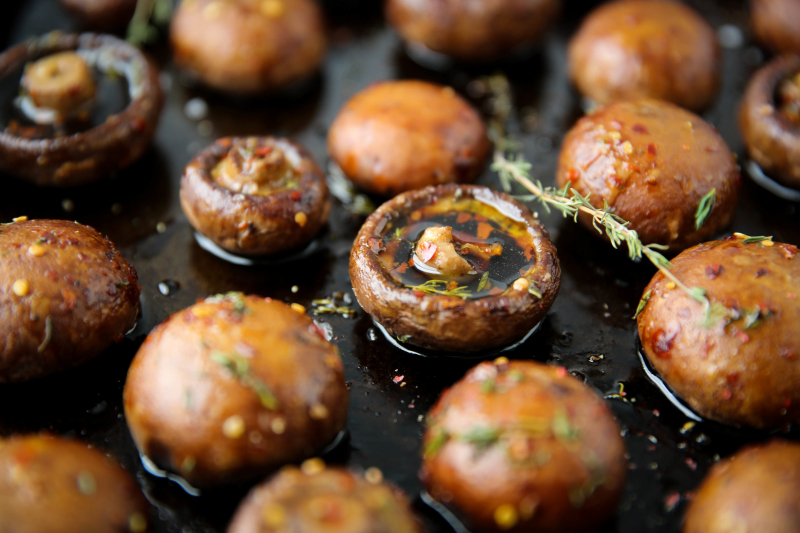
Mushrooms -
The microwave should never be used to boil whole eggs with their shells on. The high internal pressure that can result from microwaving can be caused by the extremely high temperatures reached. This also goes for microwaving hard-boiled eggs.
Eggs have a notoriety for exploding in a rush of painfully hot steam and causing burns. Unfortunately, even eggs that have not been shelled might generate steam within, making them vulnerable to harm. This indicates that when you break open the egg, boiling hot steam may escape and spill onto your hands or face. Additionally, scrambled eggs or omelets reheated in a microwave would taste pretty darn awful anyway, but after reheating, eggs can become toxic.
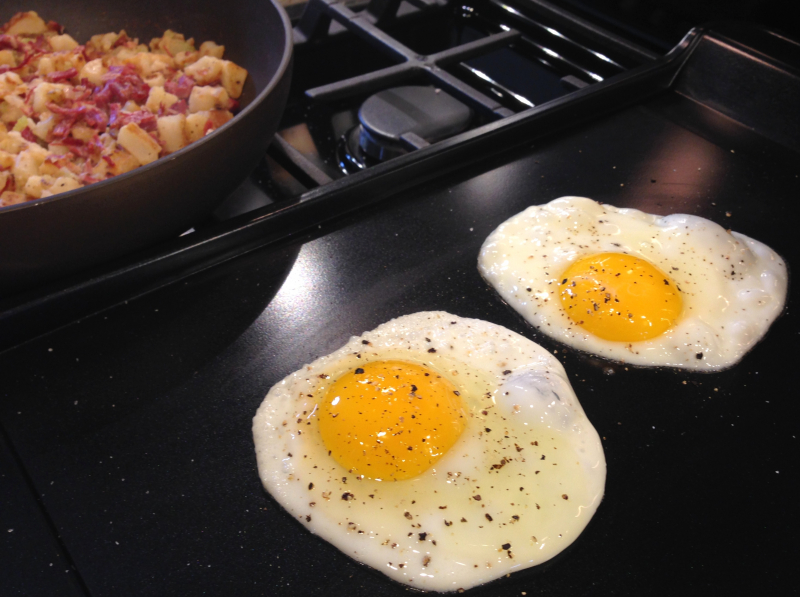
Eggs 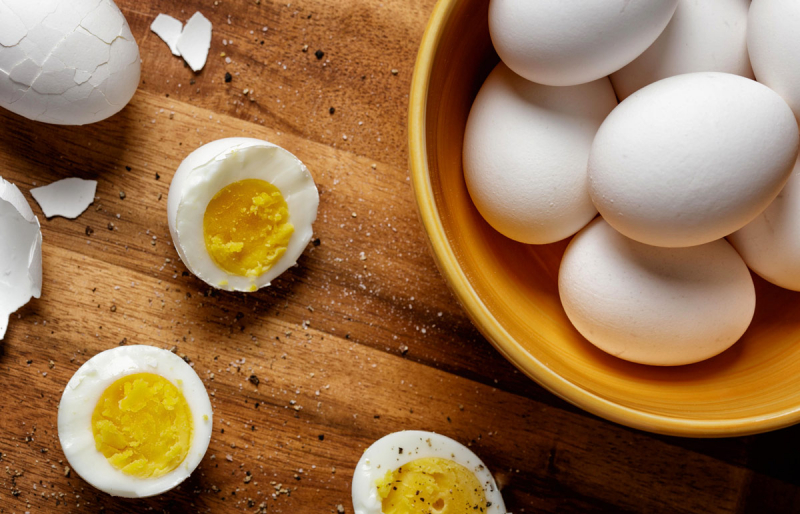
Eggs -
Why would anyone microwave frozen fruit? Evidently, some people find that quickly zapping frozen fruit in the device is a simple way to defrost fruit they've neglected to remove from the freezer.
So what's wrong with this? Exposing fruit to carcinogens, doing so virtually removes many of the beneficial qualities and health advantages you would have obtained from it. Furthermore, eating such compelled-defrosted fruits later can weaken your immune system and result in disease. Your best option is to just let frozen fruit defrost in your refrigerator for many hours or even overnight before using it. But if you still want to reheat your microwave, the thing to be careful about is over-cooking, unless you’re thinking about making a warm fruit sauce to pour over ice cream, or filling for a pie, or a jam/compote/marmalade.

Frozen Fruit 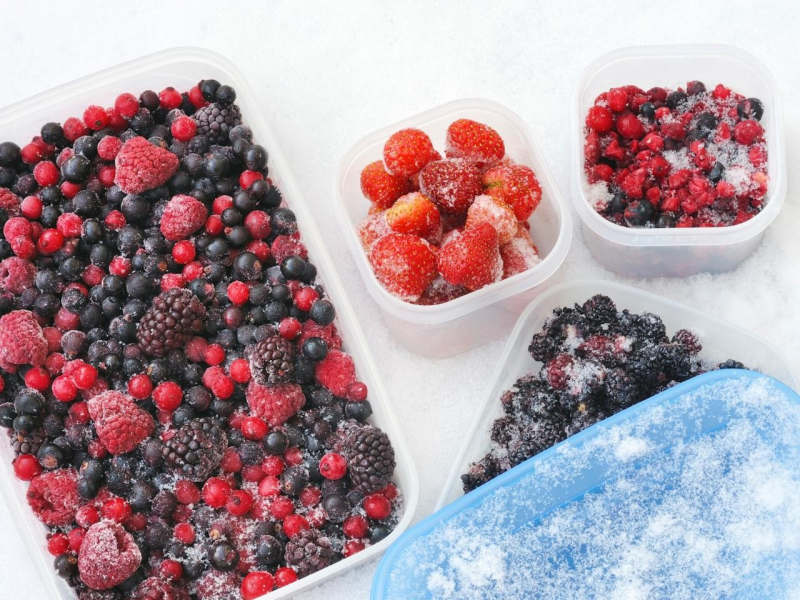
Frozen Fruit -
Even after being microwaved, red pasta sauce can still be delicious. However, there is only one problem. A vat of red pasta sauce will burst and destroy the inside of your microwave no matter how briefly you attempt to microwave it.
Red pasta sauces' tomato chunks can hinder steam from properly escaping the sauce. The sauce will suddenly explode outwards as a result of accumulated pressure, leaving you with the unpleasant task of cleaning up the following mess. The pasta sauce is probably going to be too thick to allow the steam to easily escape from within even if there aren't any tomato chunks in it. It is preferable to reheat the sauce by stirring it over low heat in a pot that has been placed on the stove.
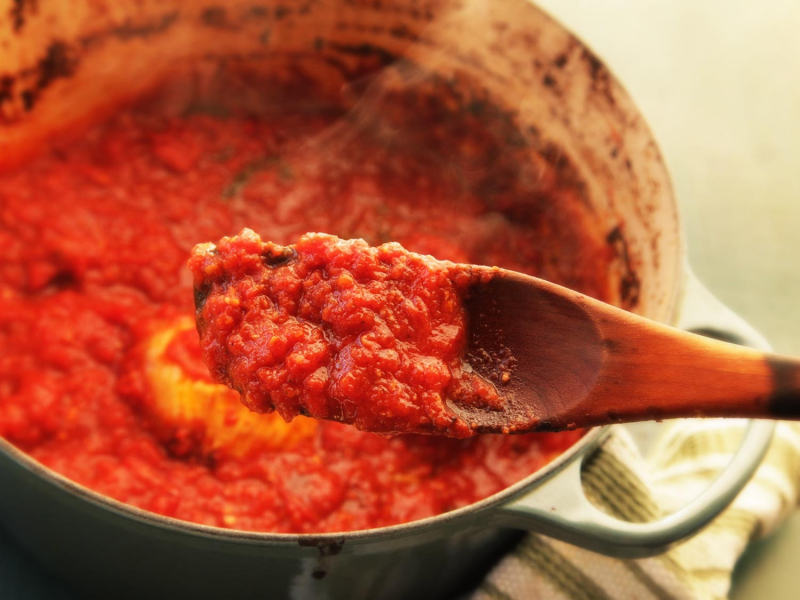
Red Sauces 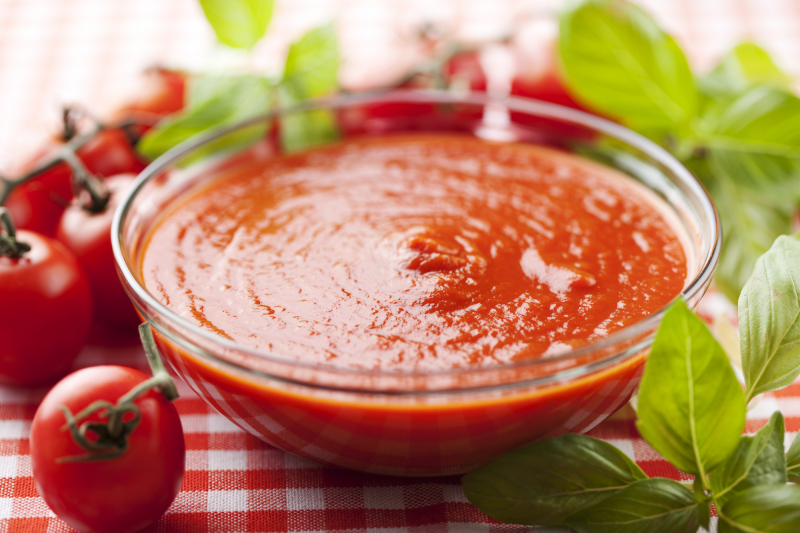
Red Sauces -
It's common to nuke a hot dog or a few strips of bacon in the microwave instead of firing up the grill or dirtying a frying pan. The convenience of a microwave is unrivaled in the kitchen. But using one to cook processed meats isn't doing you any favors.
Due to the numerous preservatives added to processed meats to increase their shelf life, they are all typically harmful. However, when you microwave those meats, the unpleasant chemicals in processed and refined foods begin to change, making them more harmful to your health. Because of the microwave's radiation, the resulting processed meats may include oxidized cholesterol. This may lead to a higher chance of developing heart disease. Furthermore, eating processed meats has a variety of negative effects, such as increasing weight, lowering positive thinking, and even decreasing energy levels.
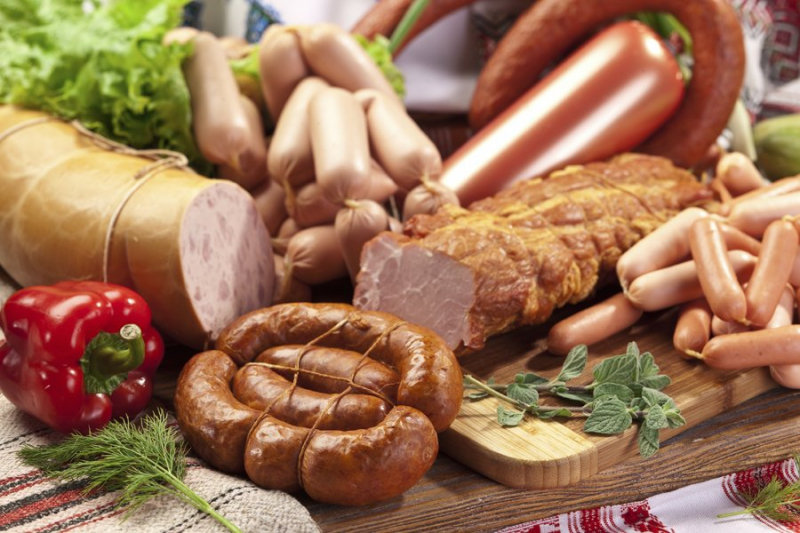
Processed Meat 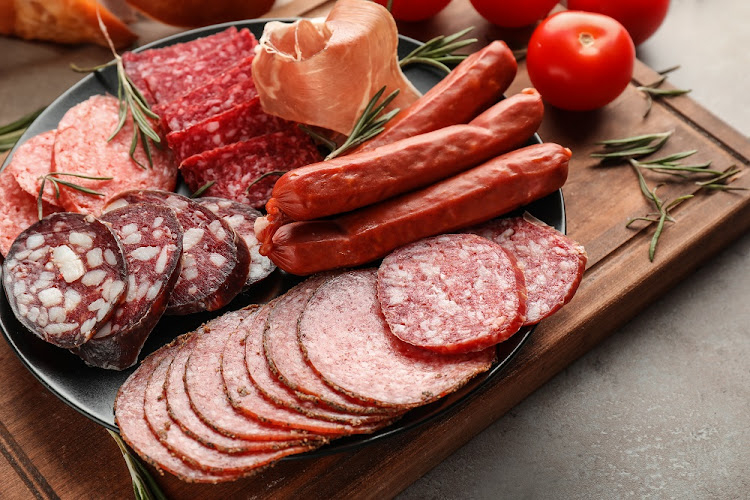
Processed Meat













